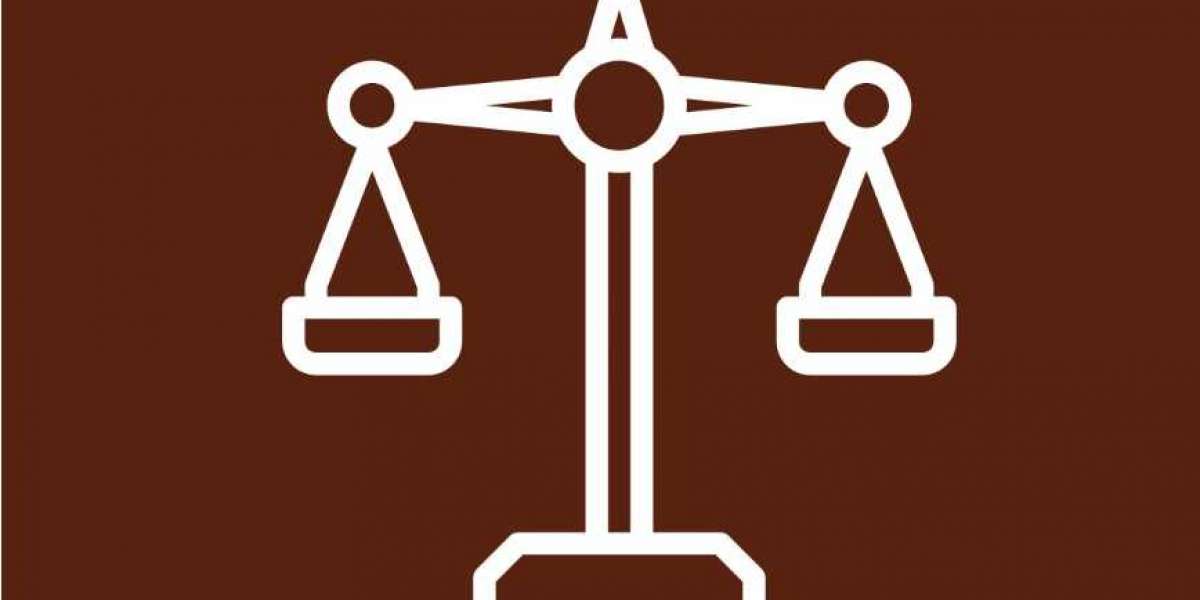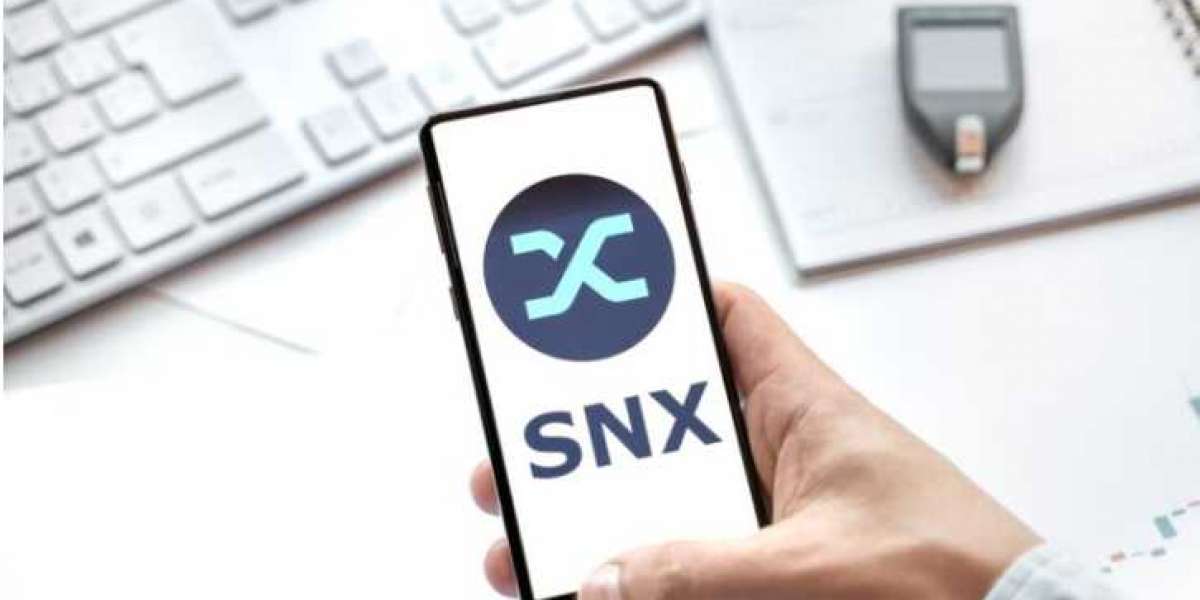The Bitcoin payment company was delighted to report that it raised $6 million during the funding round.
Other rapidly expanding cryptocurrency companies, including Lightning Ventures, Hivemind, Aleka Capital, Gaingel, and Visary Capital, participated extensively in the Azteco seed funding round. Reportedly, Sunil Rajaraman, a prominent cryptocurrency magnate, was one of the backers of the Azteco funding round.
ALSO READ:Reports Say UK Needs New Rules for Potential Digital Pound.
In the past, Azteco has garnered popularity due to the fact that it provides a platform for the world to buy Bitcoin more easily. Additionally, the Azteco team provides a platform for the unbanked to utilize digital fiat currency.
Funding Round for Azteco's Seed
The majority of Azteco's products are available for purchase both online and in-person. The Azteco voucher, which can be exchanged for Bitcoin, is offered on both online and offline markets. The conversion of Azteco vouchers to cryptocurrencies corresponds to the method for purchasing gift cards or mobile top-ups.
In contrast to conventional payment methods, Azteco has eliminated the tedious procedures requiring the user to purchase Bitcoin via a fiat currency-based exchange platform. Curiously, the Azteco team has adopted the Bitcoin circle strategy in order to meet the requirements of the unbanked population and improve user experiences.
According to Dorsey, the objective of the initial funding round was to increase financial inclusion by providing a platform for the unbanked population to explore the financial system. Dorsey stated in his speech that he was pleased to assist Azteco in achieving its long-term objective.
After analyzing the unbanked population, Dorsey found that the number of the aforementioned individuals had increased progressively. He clarified that, in order to increase financial inclusion, it was necessary to use technology and resources to reduce the number of unbanked individuals.
Profit from the Azteco Funding Round
Afterward, Dorsey lamented that fewer measures had been taken to address the growing population of unbanked individuals. In his concluding remarks, Dorsey extolled the efforts made by Azteco to improve the security of the financial system and create a welcoming environment to enhance the community's well-being.
ALSO READ:Dispersion Capital Raises $40 Million to Fund Web3 Initiatives.
Paul Ferguson, co-founder of Azteco, disclosed in an announcement that the $6 million in funding would enable the company to provide financial independence to its users. He believes that with such an investment, Azteco will motivate users to actively engage in international online commerce.
In a separate statement, the Azteco team lamented the fact that over two million people are categorized as financially excluded due to inadequate financial infrastructure. Credit services are inaccessible to the majority of individuals due to the absence of essential financial instruments. The Azteco team emphasized the significant obstacles confronting the unbanked population, such as poor management, inconvenient transfers, and other difficulties associated with money storage.
Azteco's Financial Exclusion Mitigation Methodologies
In support of this, the Aztec chief executive Alexander, also known as "Fernandez", admitted that the majority of the unbanked population resides in underdeveloped nations with fragile economies. He urged countries in the developing world with a high rate of unbanked citizens to invest in pursing strategies that promote financial inclusion.
Fernandez stated that Azteco intends to introduce vouchers that will enable users to purchase small amounts of Bitcoin. Fernandez argued that Bitcoin maintains financial privacy and grants the user entire control over digital assets, in contrast to conventional currency.
In the interim, 195 countries will offer the online purchase voucher. According to the Azteco report, the company intends to use the $6 million to diversify its product line and expand its market presence in Latin America and Europe.
In a previous consumer interaction, Azteco users urged the company to deactivate the Know-Your-consumer (KYC) function. Ideally, the KYC feature necessitates that the user disclose private information for identity verification.
ALSO READ:Bitget Gets Polish VSAP License Weeks After Lithuanian Registration
They argued that applying the existing KYC regulations to the purchase of Bitcoin in tiny quantities was impractical. Additionally, the user observed that certain KYC requirements do not extend to the majority of Azteca's international markets.




Alphonsus Odumu 5 w
Jack Dorsey